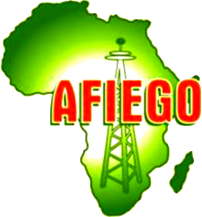Objective
The primary objective of the Extractives Governance programme is to promote human rights observance, foster environmental conservation and stop the expansion of the fossil fuel industry while promoting sustainable mining for the critical minerals needed for the clean energy transition.
The programme is in response to the urgent need to address climate change and its devastating impacts. The programme goal is aligned with climate science, which calls for halting the expansion of the fossil fuel industry for the achievement of the Paris Climate Change goal, the African Union’s Agenda 2063, the UN Sustainable Development Goals (SDGs), Uganda National Development Plan III and other global commitments.
For the attainment of the programme’s goal, AFIEGO undertakes community empowerment and movement building in Uganda and across the African Great Lakes region, builds evidence through research and engages in advocacy as well as litigation.
AFIEGO also promotes green economic alternatives to meet the clean energy and development aspirations of the African countries where we operate.
